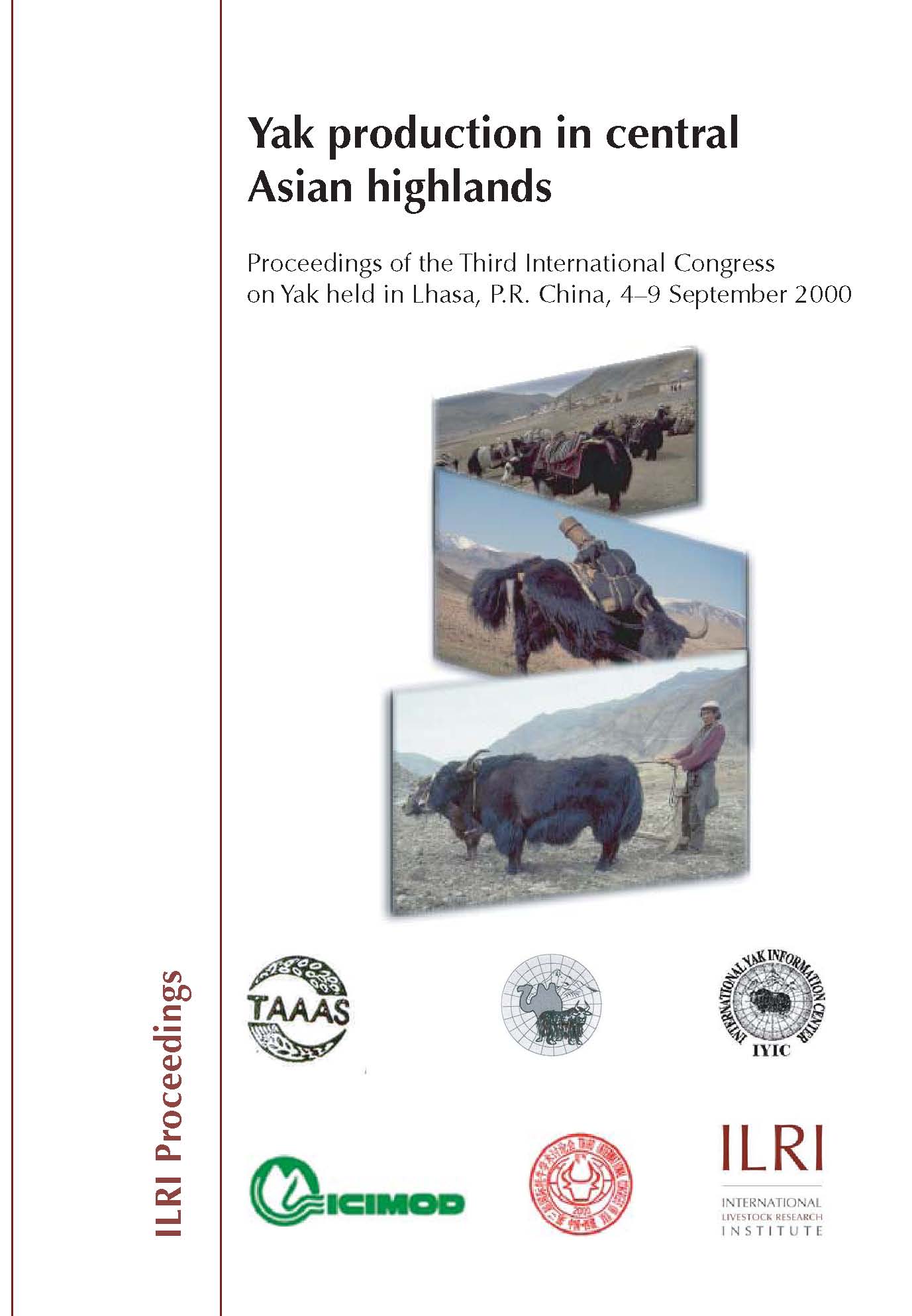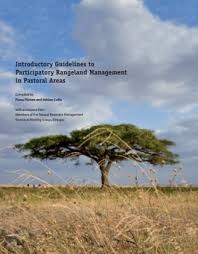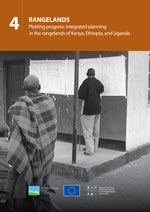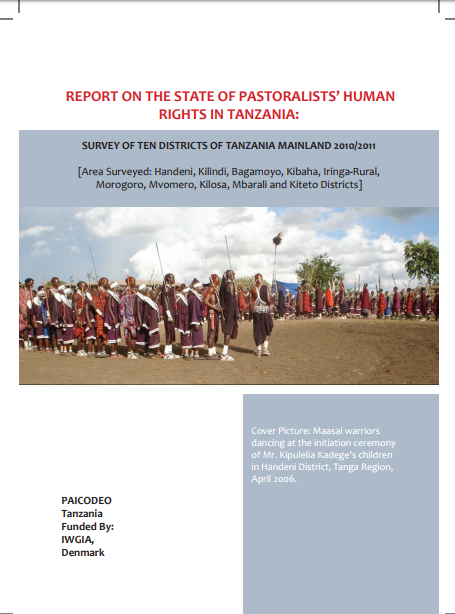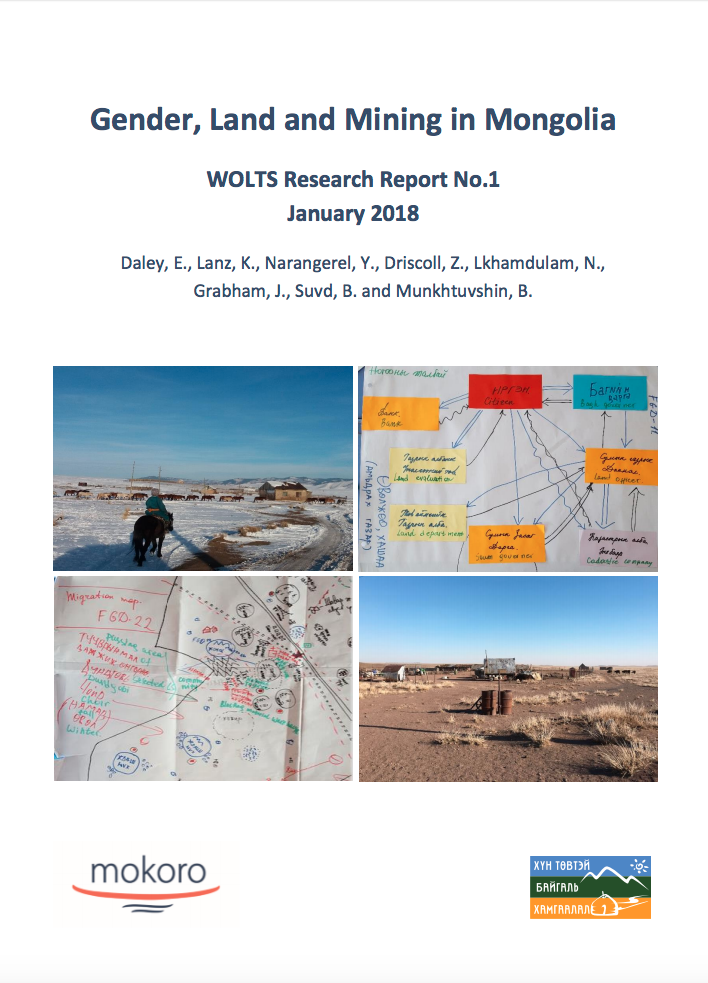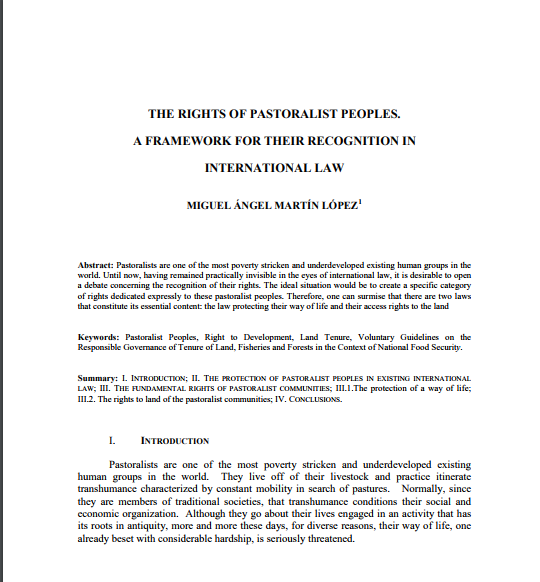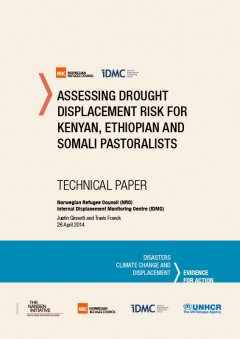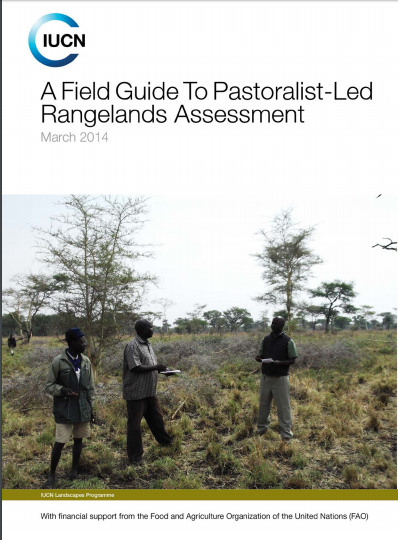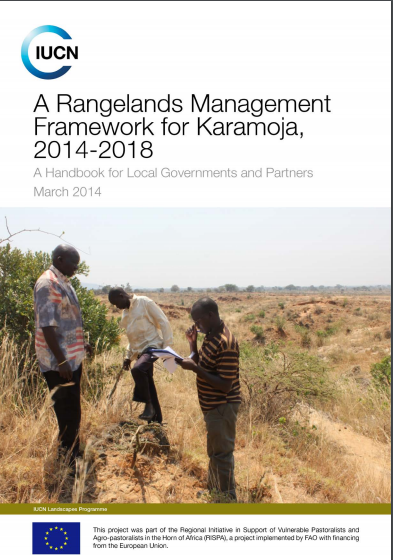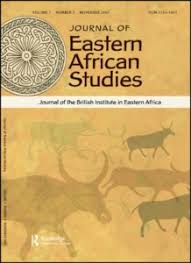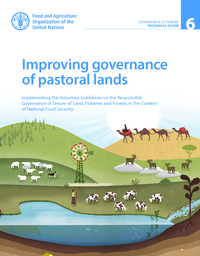Nouveau pastoralisme marginal : Conflits, insécurité et développement dans la Corne de l’Afrique et le Sahel
Introductory Guidelines to Participatory Rangeland Management in Pastoral Areas
These guidelines introduce and promote the essential elements of participatory rangeland management (PRM). Based upon the successful experiences of participatory forest management, the guidelines provide a process following three stages of investigation, negotiation and implementation. The sequential steps of this process lead to the development of a rangeland management plan and a legally binding rangeland management agreement between a local rangeland management institution and the appropriate local government office.
Plotting progress: integrated planning in the rangelands of Kenya, Ethiopia, and Uganda
Ill advised, uncoordinated, and badly planned interventions have been blamed for continuing poverty and food insecurity in rangelands. Water interventions in particular have had negative impacts. Not only have these interventions failed to improve the livelihoods of people living there, but in many cases they have served to undermine them and the environment on which they depend. Rangeland development interventions have been sectoral in their approach.
Report on the State of Pastoralists' Human Rights in Tanzania: Survey of Ten Districts of Tanzania Mainland 2010/2011
This report highlights some of the human rights challenges which the Indigenous peoples in Tanzania, particularly Maasai pastoralists, are facing. It also proposes some areas of improvement in order to make Tanzania a better place for everyone, including indigenous pastoralists. It should be noted that Tanzania has more than 120 different ethnic groups, which are Bantu-speaking, Nilo-hamitic (including the Maasai) and Cushitic.
Gender, Land and Mining in Mongolia
Mokoro’s practical and action-oriented long-term strategic research project, the Women’s Land Tenure Security Project (WOLTS), is piloting its methodology through a ‘Study on the threats to women’s land tenure security in Mongolia and Tanzania’.
The rights of pastoralist peoples. A framework for their recognition in international law
Pastoralists are one of the most poverty stricken and underdeveloped existing human groups in the world. Until now, having remained practically invisible in the eyes of international law, it is desirable to open a debate concerning the recognition of their rights. The ideal situation would be to create a specific category of rights dedicated expressly to these pastoralist peoples. Therefore, one can surmise that there are two laws that constitute its essential content: the law protecting their way of life and their access rights to the land
Assessing drought displacement risk for Kenyan, Ethiopian and Somali pastoralists
A new way of thinking This study reflects emerging awareness of the need to see disasters as primarily social, rather than natural, phenomena. Individuals and societies can act and take decisions to reduce the likelihood of a disasters occurring or, at the very least, to reduce their impacts and the levels of loss and damage associated with them. Disasters are thus no longer being perceived as ‘acts of God’ but instead as something over which humans exert influence.
A Field Guide to Pastoralist-led Rangelands Assessment
Community-Led Rangelands Assessment promotes the use of traditional or indigenous knowledge of pastoralists, as the dominant group utilizing rangelands, to guide planning and management of rangelands resources to support and build resilient pastoral livelihoods. Use of traditional knowledge is considered cheaper, easier to use and replicable. It promotes the respect of local communities’ culture and its integration into scientific methods.
A Rangeland Management Framework for Karamoja, 2014-2018
This rangelands management framework is a product of a rapid pastoralist-led rangeland health assessment that was conducted in three sampled districts of Karamoja; Moroto, Napak and Kotido.
A victory in theory, loss in practice: struggles for political representation in the Lake BaringoBogoria Basin, Kenya
This article addresses political rights and identity among Il Chamus of Baringo District, Kenya, a small group of agro-pastoralists related to the Maasai. It discusses an important 2006 judicial ruling from the High Court of Kenya that specified a political constituency and national representation for the community, and shows how the state and its actions undermined its implementation.
Improving governance of pastoral lands - Implementing the Voluntary Guidelines on the Responsible Governance of Tenure of Land, Fisheries and Forests in the Context of National Food Security
The technical guide on improving the governance of pastoral lands is designed for several audiences including government and non-government actors. It covers specific challenges of pastoral tenure that are unique to pastoralism and considers how these different facets of pastoralist tenure (issues of the commons; free, prior and informed consent (FPIC); gender etc.) can be combined in a coherent approach to securing pastoral lands.

